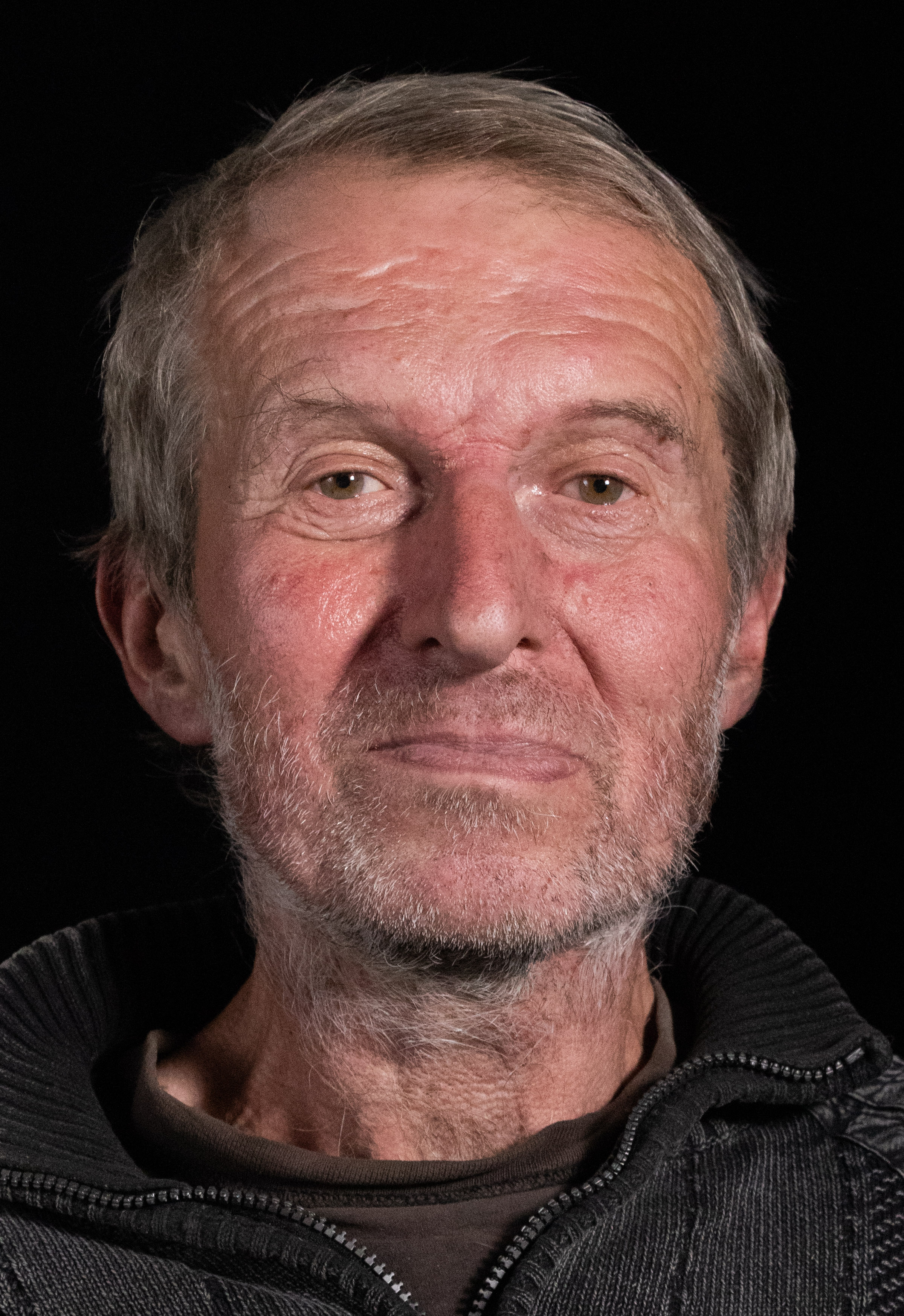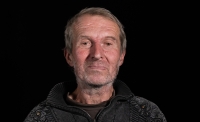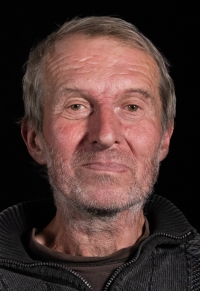Go your own way, no matter where it may take you

Stáhnout obrázek
Josef Ouroda was born on January 7th, 1955 in Most. He got into trouble due to politics as soon as a teenager, when he, being a radio buff, started listening to Albanian and Chinese radio broadcasts in Czech and promoted those stations among people around him. He trained as a locksmith and started working in Krušnohorské strojírny engineering plant in Komořany. Shortly after that he got into trouble for his critique of material wasting and other shortcomings that were common factors affecting the socialist economy. As his superiors ignored his complains he found refuge among dissidents. In 1978 he signed the Charter 77 petition. He took part in printing of Infoch, a samizdat news sheet. In 1979 he was sentenced for two years in prison for sedition. He served his sentence in Bory Prison in Pilsen where he befriended other political prisoners, František Pitor, Jiří Dienstbier and Jiří Gruntorád. After he had been released he couldn‘t find a decent job, he was working as a boiler cleaner and was regularly arrested on the occasion of various public holidays and anniversaries. The State Security had been trying to force him to emigrate as a part of ‚Operation Decontamination‘ (‚Asanace‘). Even today, he had been an active citizen and has been monitoring companies that prey on the elderly, utilizing their gullibility for financial gains.

